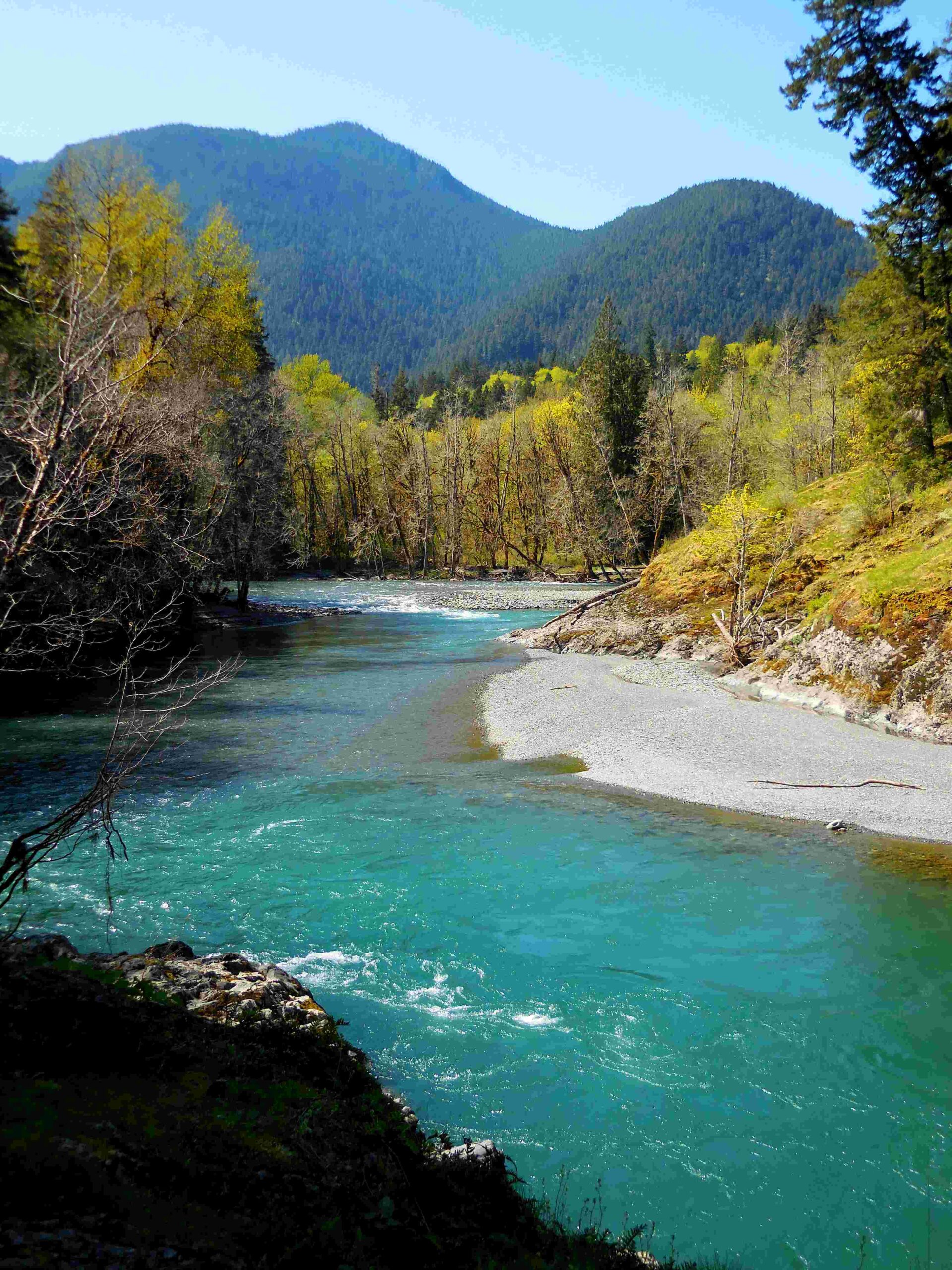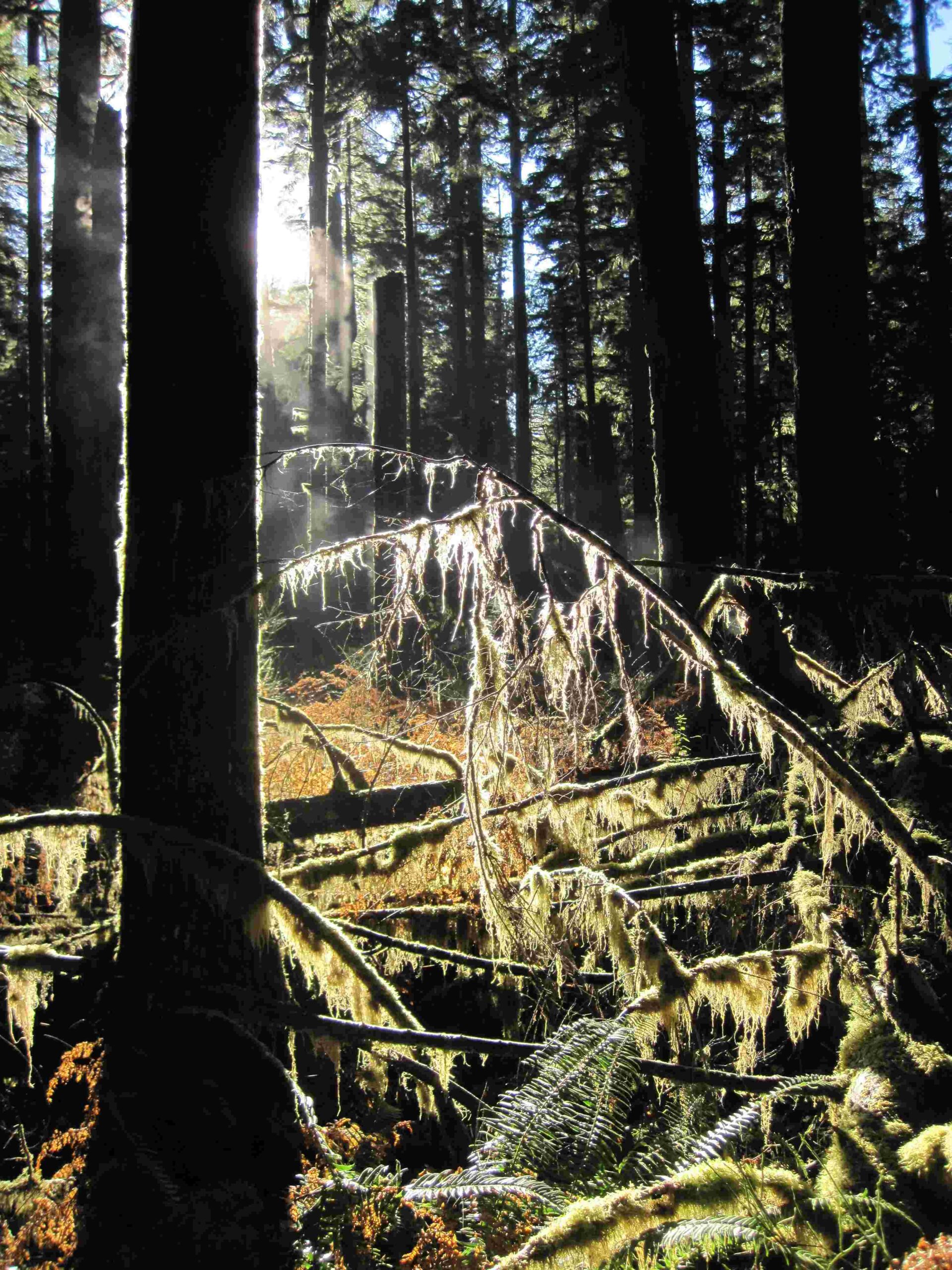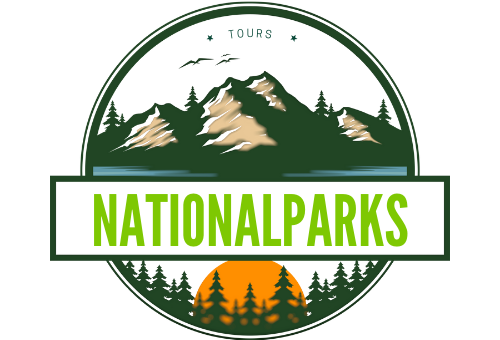Traveling from Seattle Tacoma Airport to Olympic National Park offers various transportation options, including driving, ferry-and-drive combinations, and bus services. The journey covers approximately 144 miles and typically takes around 3 hours by car. This guide provides detailed information on routes, transportation methods, and essential tips for visitors planning their trip to this magnificent national park.
What Are the Best Transportation Options from Seattle Tacoma Airport to Olympic National Park?

Driving
The most efficient way to reach Olympic National Park from Seattle Tacoma International Airport (SEA) is by car:
- Distance: Approximately 144 miles
- Travel time: Around 3 hours and 7 minutes (depending on traffic and road conditions)
- Route: Take I-5 North from the airport, then connect to US-101 West
Detailed Driving Directions:
– Exit the airport and take WA-518 East
– Merge onto I-5 North
– Continue on I-5 North for about 60 miles
– Take the exit for US-101 West towards Port Angeles/Olympic National Park
– Follow US-101 West around the Olympic Peninsula
Key Waypoints:
– Tacoma
– Hood Canal Bridge (if taking the ferry route)
– Port Angeles
Ferry and Driving Combination
An alternative option combines a scenic ferry ride with driving:
- Take the Seattle-Bainbridge Ferry from downtown Seattle
- Ferry ride duration: 35 minutes
- Drive across the Hood Canal Bridge
- Follow Highway 101 to the park
Bus Services
For those without a car, bus services are available:
- Dungeness Line – Olympic:
- Operates once daily from SeaTac Airport to Port Angeles Gateway Transit Center
- Journey time: 4 hours and 20 minutes
- Cost: $65–95
-
Contact: +1 360-417-0700
-
Greyhound:
- Operates twice daily from Seattle Tacoma Intl Airport to Port Angeles Gateway Transit Center
- Journey time: Approximately 4 hours and 40 minutes
- Cost: $22–65
- Contact: +1 214-849-8100
What Should Visitors Know About Road Conditions and Potential Challenges?

- Seasonal Road Closures: Check for any road closures before your trip, especially during winter months.
- Traffic: Be prepared for potential traffic delays, particularly during peak travel seasons.
- GPS Accuracy: Be cautious with GPS directions within the park. Follow road signs for the most reliable directions.
What Parking Facilities and Accessibility Options Are Available at Olympic National Park?
Parking
- Various parking areas near visitor centers, trailheads, and attractions
- Parking fees included in the park’s entrance fee ($30 per vehicle for a 7-day pass)
Accessibility
- Accessible parking spots available near main attractions
- Some trails and facilities are wheelchair accessible
- Limited public transportation within the park; having a car is highly recommended for full accessibility
What Are the Must-See Attractions in Olympic National Park?
- Hurricane Ridge
- Hoh Rain Forest
- Ruby Beach
- Lake Crescent
- Sol Duc Falls
- Rialto Beach
- Marymere Falls
- Quinault Rain Forest
How Can Visitors Plan Their Itinerary for Olympic National Park?
- Determine Your Interests:
- Hiking
- Wildlife viewing
- Photography
-
Beach exploration
-
Choose Your Base:
- Port Angeles
- Forks
-
Lake Quinault
-
Plan Your Routes:
- Use the park’s official map to plan daily excursions
-
Consider the driving times between attractions
-
Check Park Conditions:
-
Visit the official Olympic National Park website for updates on trail conditions, closures, and wildlife activity
-
Pack Appropriately:
- Bring layers for varying weather conditions
- Don’t forget rain gear, even in summer
What Are the Best Times to Visit Olympic National Park?
| Season | Pros | Cons |
|---|---|---|
| Summer (June-August) | – Warm temperatures – Long daylight hours – All park areas accessible |
– Crowded – Higher accommodation prices |
| Fall (September-November) | – Fewer crowds – Beautiful fall colors – Wildlife more active |
– Cooler temperatures – Some facilities begin to close |
| Winter (December-February) | – Snow activities at Hurricane Ridge – Peaceful atmosphere – Whale watching opportunities |
– Many roads and facilities closed – Limited access to high-elevation areas |
| Spring (March-May) | – Wildflowers blooming – Waterfalls at peak flow – Fewer crowds than summer |
– Unpredictable weather – Some areas still inaccessible due to snow |
By following this comprehensive guide, visitors can efficiently plan their journey from Seattle Tacoma Airport to Olympic National Park, ensuring a memorable and well-organized trip to one of America’s most diverse and beautiful national parks.
References:
1. Rome2Rio: Seattle Airport (SEA) to Olympic National Park
2. My Olympic Park: Ride the Ferry to Olympic National Park
3. Dirt in My Shoes: How to Get to Olympic National Park
4. National Park Service: Olympic National Park
5. Visit Olympic Peninsula: Getting Here

